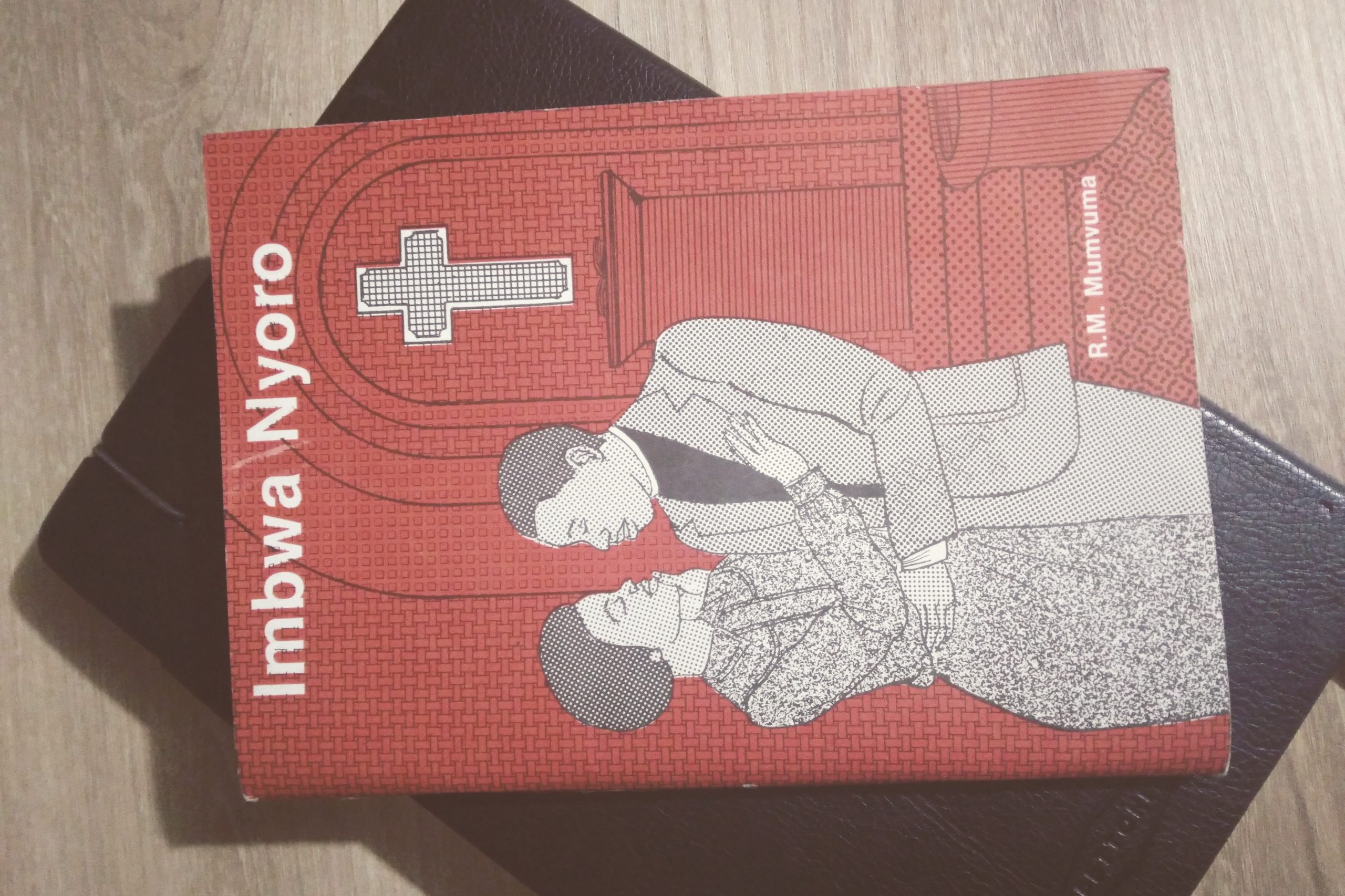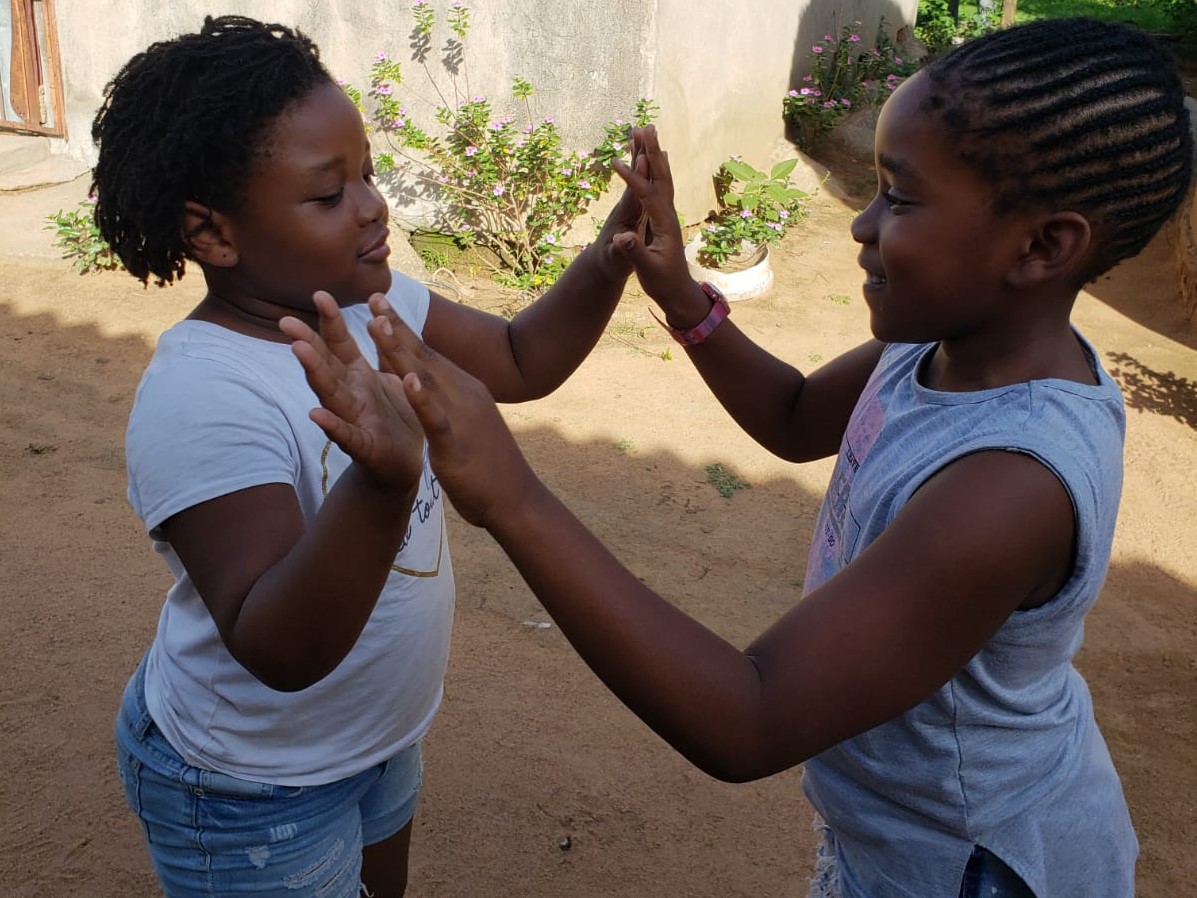Stories
These stories are based on the accounts of ordinary Zimbabweans - the experts from whom the content on ZimbOriginal is sourced.
In a previous post, I shared the similes (fananidzo) and metaphors (enzaniso) that I encountered while reading the Shona novel Imbwa Nyoro, a 1982 novel … Read more
There’s something I love about reading Shona novels from decades past — stories written before I was even born. These works offer a richer experience … Read more
Ever since I took on my first learner back in 2019, Shona learning has become a subject dear to me. I believe proficiency in more … Read more
The Shona people believe in a Supreme Being, whom they call by different names. These names include Musikavanhu, Musiki, Mwari, Nyadenga, Samasimba, Samatenga, Wedenga, Musikarudzi, … Read more
The Shona have a number of beliefs and practices that relate to remembering and respecting the dead. These may differ in one way or another … Read more
This post was last updated on 12 January 2025. Adverbs Adverbs are words that modify or describe words such as verbs, adjectives, clauses, sentences, and … Read more
After reading China manenji hachifambisi I wrote on idioms (madimikira) that the writer, Mordikai A. Hamutyinei, used in the story. I decided to do the … Read more
Are You a Primary School Teacher?
Get my free children's Shona storybooks delivered straight to your school.
About
ZimbOriginal was born from a passion for discovery and writing, and a commitment to never losing sight of who we are.
It is a place for stories on culture, customs, traditions, and anything else indigenous to Zimbabwe. ZimbOriginal not only promotes cultural awareness, but also supports learning and discovery.










